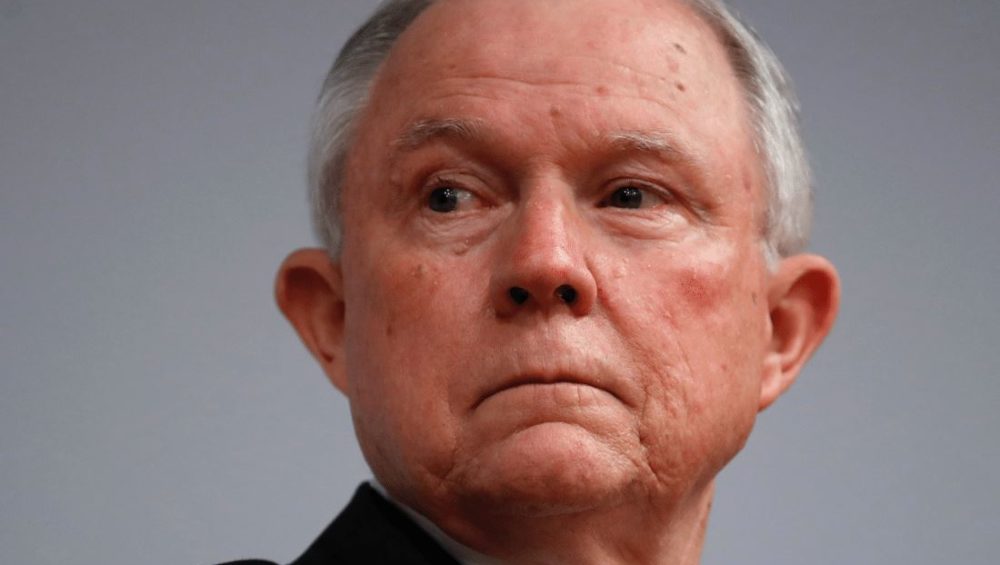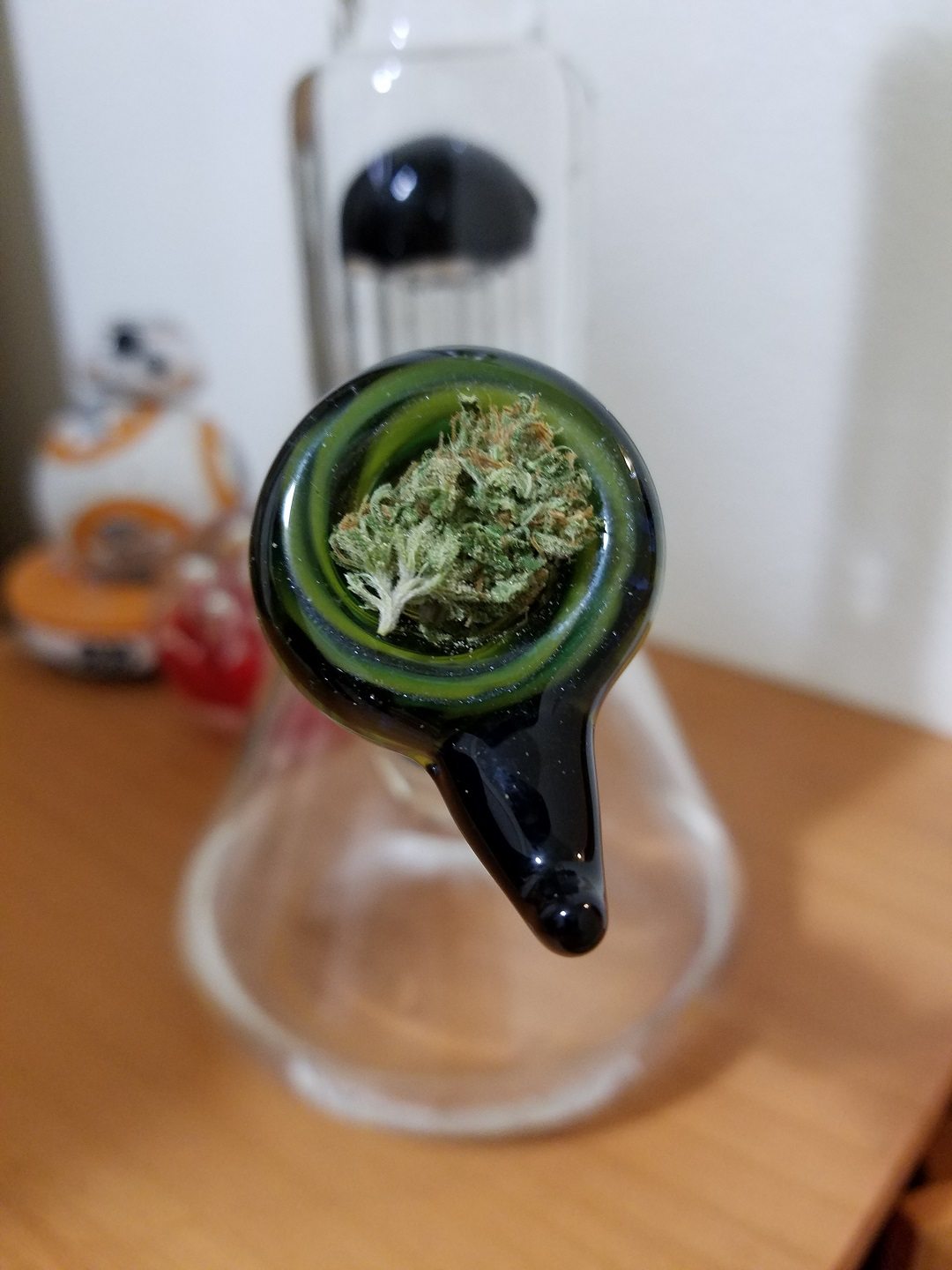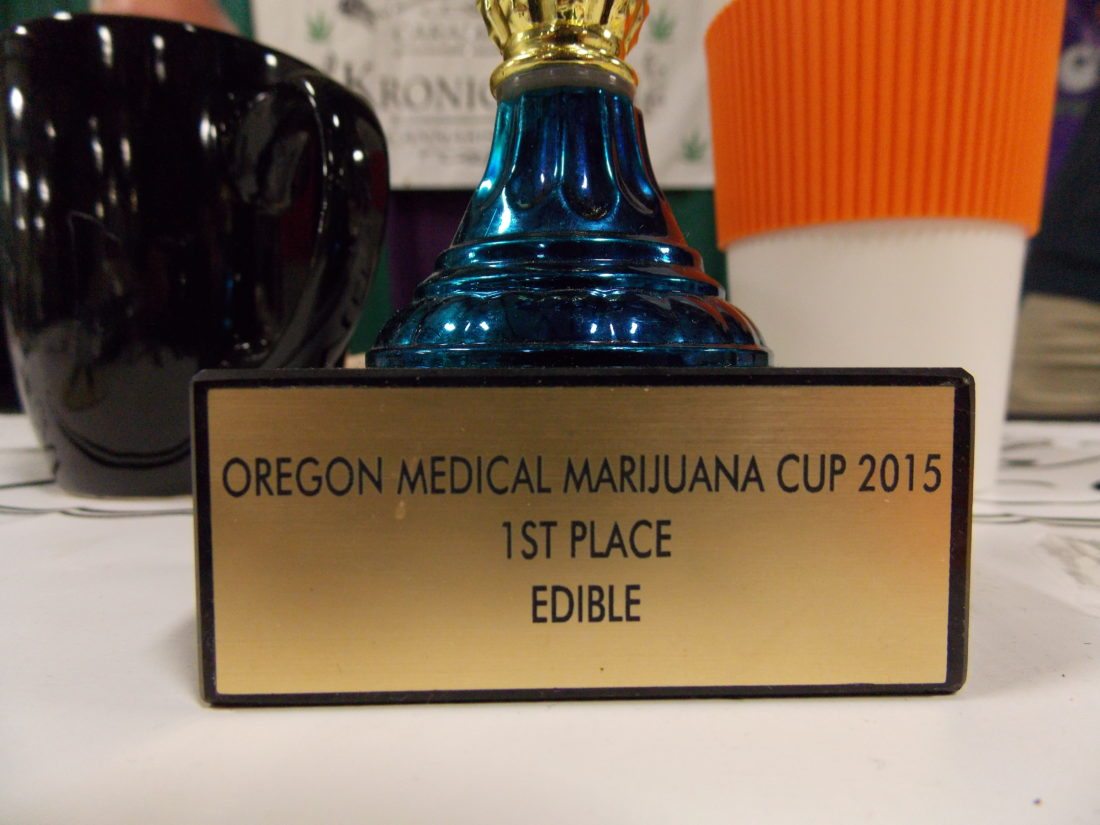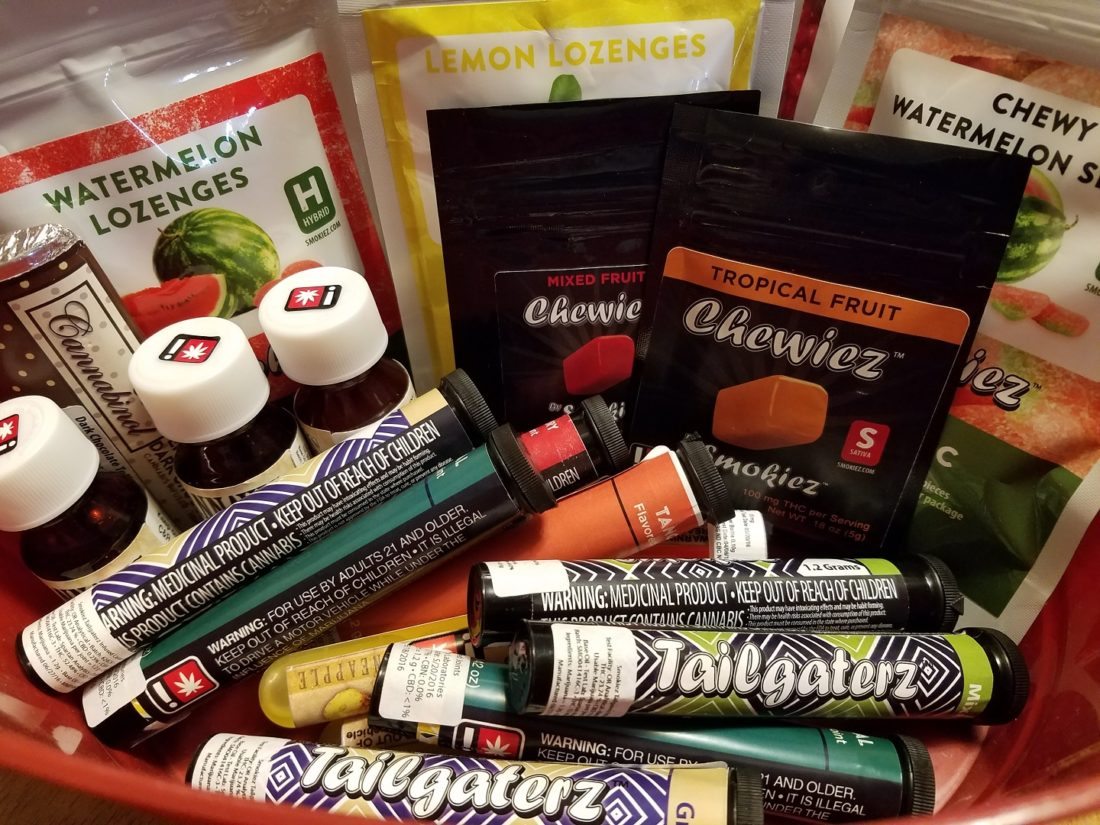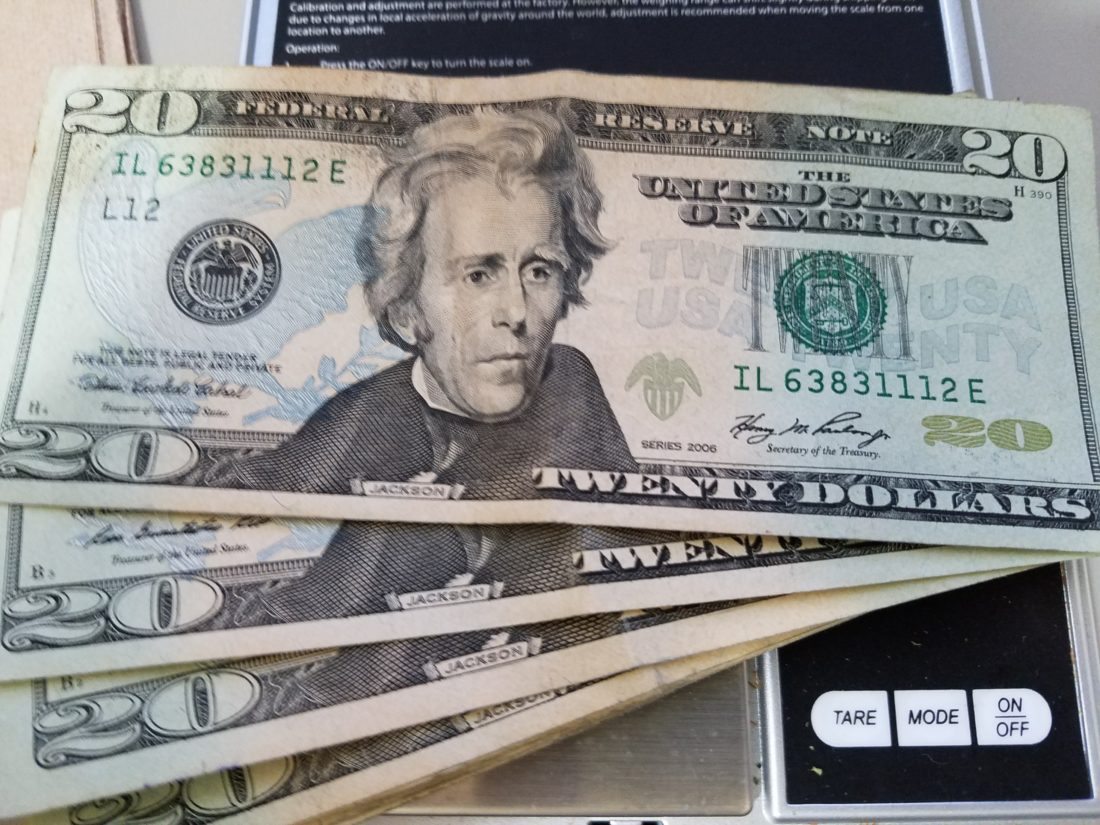David Holland is here to defend marijuana.
Holland is a member of the legal team representing 5 plaintiffs in an ongoing suit against the current Attorney General.But he is no fledgling looking to make a name for himself. He is a litigator in New York City and the legal director of Empire State NORML. He also used to be on the High Times Magazine legal team and is a member of the New York Cannabis Bar Association.
So when it comes to productive stoners, he is one of the shining examples. But he feels that the current state of marijuana enforcement is unsustainable. Holland’s firm is suing Sessions and the DEA. The suit claims the classification of cannabis under the Controlled Substances Act is unconstitutional.
Their list of reasons include it violates rights surrounding travel, business and racial discrimination against communities of color. Basically, the law works to discriminate and criminalize communities that don’t have the power or money to resist. Sessions and the DEA failed to get the case dismissed.
The case is going forward.
Holland’s legal team managed to convince US District Court Judge Alvin Hellerstein to let the case go forward. That decision was made in large part because of the personal experiences the plaintiffs had with medical marijuana. The medical efficacy of cannabis to treat patients suffering from a variety of ailments is so apparent, the court has to reconsider the constitutionality of the law.
Despite the strong support showed by the judge, it is still too early to break out the champagne. Despite a mountain of evidence showing the opposite, Jeff Sessions continues to blame marijuana for the opioid epidemic. And with almost no pressure from the White House to change his stance, there is little to stop him from waging a emotionally motivated war against the American population.
Attorney General Sessions is the same person that thought the KKK was OK. At least until he found out some of them smoked marijuana. And he is the same person who said “I can’t remember” in one form or another over 26 times when asked under oath. The performance showed how willing he is to stonewall and deflect about his questionable activities.
The CCC believes marijuana prohibition is racist.
Some plaintiffs claim that people of color are disproportionately targeted for prosecution for marijuana offenses. Armed with scientific evidence and confessions, the Cannabis Cultural Association (CCA) went to bat for its members. We still don’t know how Judge Hellerstein will rule on the racism claims presented by the CCA. But Judge Hellerstein seemed unconvinced by opening statements showing that the Nixon administration admitted to criminalizing marijuana for the express purpose of suppressing minorities and social backlash against the Vietnam War.
Both sides of the case are preparing for a long battle. But despite the court clearly favoring marijuana reclassification, there are many hurdles to overcome. One major hurdle is making sure the court doesn’t pass off the problem to a dysfunctional and ideologically insane Congress. But Holland hopes to keep that from happening.
There is always the possibility the court will decide to ship the final decision over to Congress because of the political controversy surrounding marijuana. But proving its controversial is harder than ever for Sessions defense team. There are more than 30 states and the District of Columbia that already passed legislation legalizing marijuana in some form. With so many, there isn’t much controversy left. But don’t underestimate the vitriol and determination of the diminutive lawyer from Alabama.

